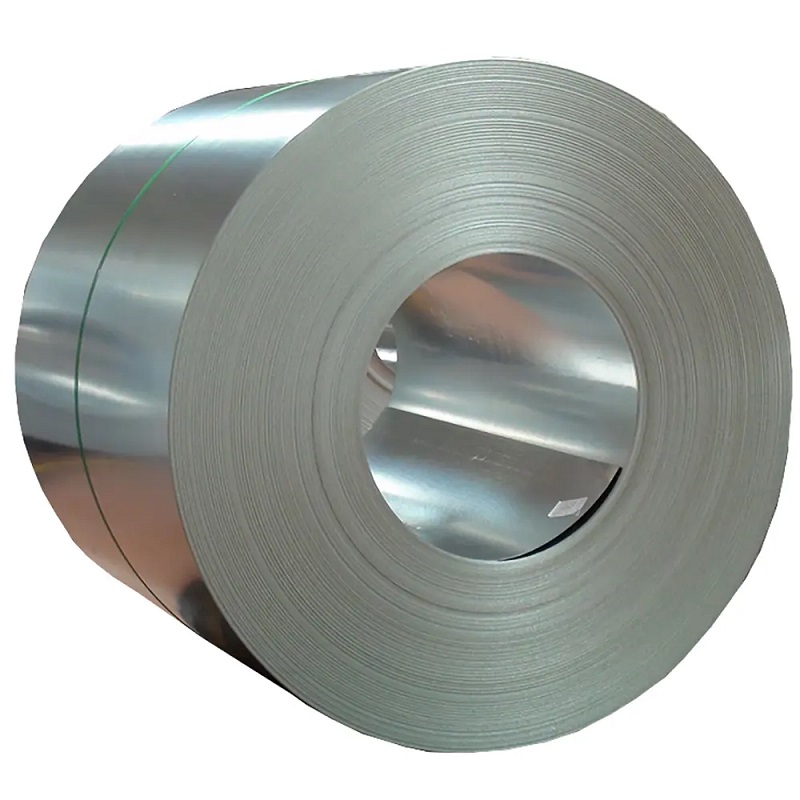316L Austenitic Stainless Steel
316L is a molybdenum-containing stainless steel because the steel contains molybdenum.
The overall performance of this steel is better than that of 310 and 304 stainless steel. Under high-temperature conditions, when the concentration of sulfuric acid is less than 15% or higher than 85%, 316L stainless steel has a wide range of uses.
316L stainless steel also has good resistance to chloride corrosion, so it is usually used in marine environments.
Description
316L is a stainless steel material whose chemical composition and mechanical properties comply with national standards.
As a material with high corrosion resistance, high-temperature resistance, and strong corrosion resistance, 316L is widely used in marine engineering, the petrochemical industry, medical equipment, and other fields.
Property & Specification
1) The appearance of cold-rolled products is glossy and beautiful;
2) Due to the addition of Mo, the corrosion resistance, especially pitting corrosion resistance, is excellent;
3) Excellent high-temperature strength
4) Excellent work hardening (weak magnetism after processing)
5) Non-magnetic in solid solution state;
6) Compared with 304 stainless steel, the price is higher.
Material: | 316L |
Material Thickness: | 0.3mm-6.0mm |
Width: | 1000/1220/1250/1500mm |
Length: | as customer requirement |
Width/Length Tolerance: | +-3mm |
Application Fields of 316L Stainless Steel
Because 316L stainless steel has excellent corrosion resistance and high-temperature performance, it is widely used in marine engineering, the petrochemical industry, medical equipment, and other fields.
For example, in marine engineering, 316L stainless steel can be used to manufacture offshore oil platforms, submarine pipelines, and other facilities; in the field of medical equipment, 316L stainless steel can be used to manufacture medical supplies such as surgical instruments and dental equipment.
Processing and Welding Properties of 316L Stainless Steel
316L stainless steel material has good processing performance and can be used for cutting, shearing, bending, drilling, and other processing operations.
At the same time, 316L stainless steel has good welding performance and can be welded using a variety of welding methods, such as tungsten arc welding, melting arc welding, etc.
During the welding process, attention should be paid to controlling the welding temperature and cooling rate to avoid problems such as cracks and deformation of the material.
Maintenance of 316L Stainless Steel
During use, 316L stainless steel materials should be cleaned and maintained regularly to maintain their good appearance and performance.
You can use soapy water or neutral detergent for cleaning. Avoid using chlorine-containing or acidic detergents.
At the same time, care should be taken to avoid scratching or abrading the material surface to maintain its beauty and corrosion resistance.
Packing & Delivery













